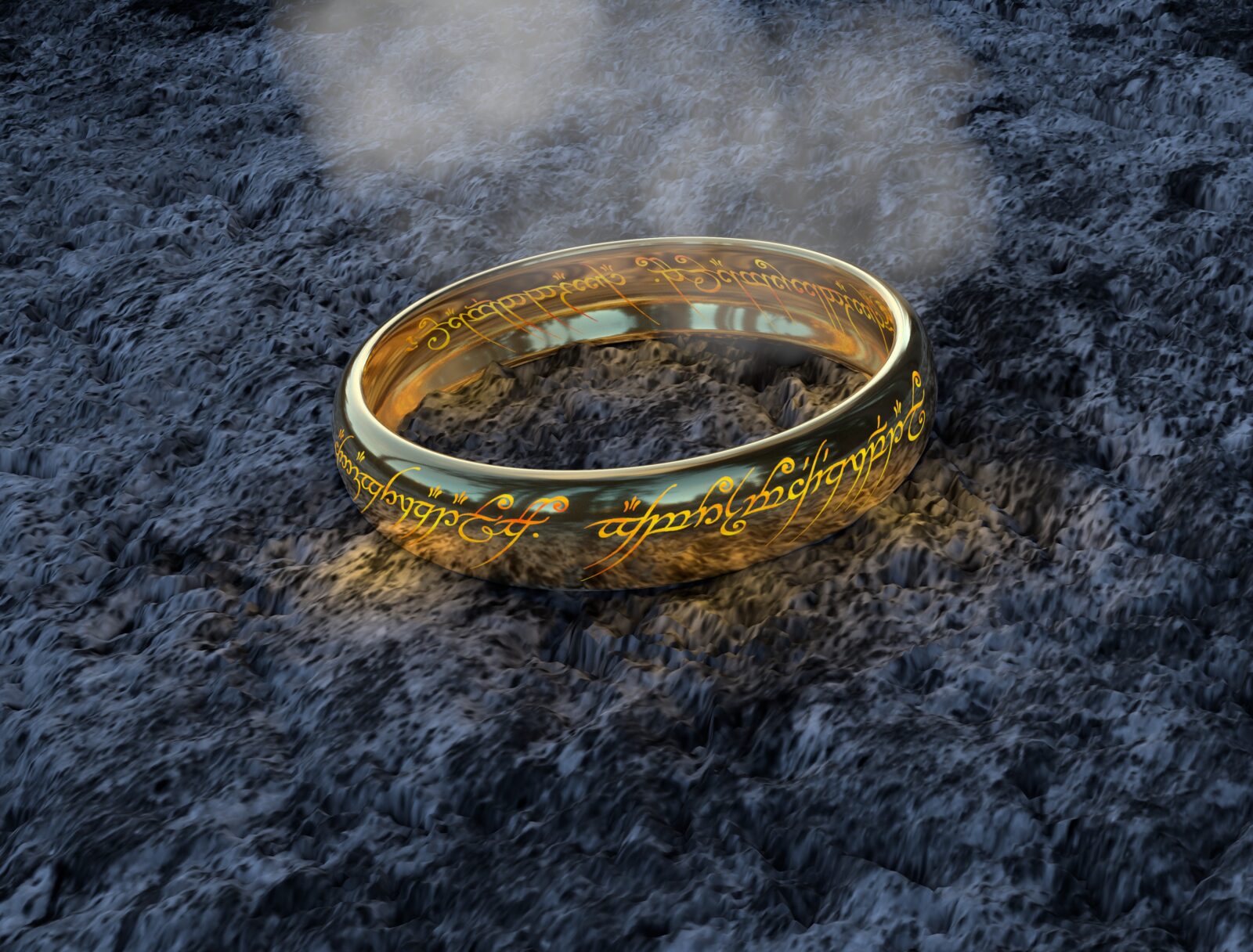


The Design Inference

Behe Counters the Best Objections to Irreducible Complexity and ID, PT. 3

BEHE COUNTERS THE BEST OBJECTIONS TO IRREDUCIBLE COMPLEXITY AND ID, PT. 2

Paul Nelson on Listening to Nature for Her Answers

Design in a Naturalistic Culture

The Gollum Effect in Science, from Tycho Brahe to Today

Jay Richards on the Art of Answering Evolutionists

Darwin’s Rhetorical Foundation of Sand: Theological Utilitarianism

How Biology Confirms Design
As molecular biologist Douglas Axe recalls, the Greek philosopher Gorgias (born about 483 BC) spent a lifetime pondering the nature of existence. At last he arrived at a firm conclusion: “Nothing exists.” In a presentation at the 2020 Dallas Conference on Science & Faith, Dr. Axe used Gorgias to illustrate his point that “expertise does not necessarily drive you in the right Read More ›